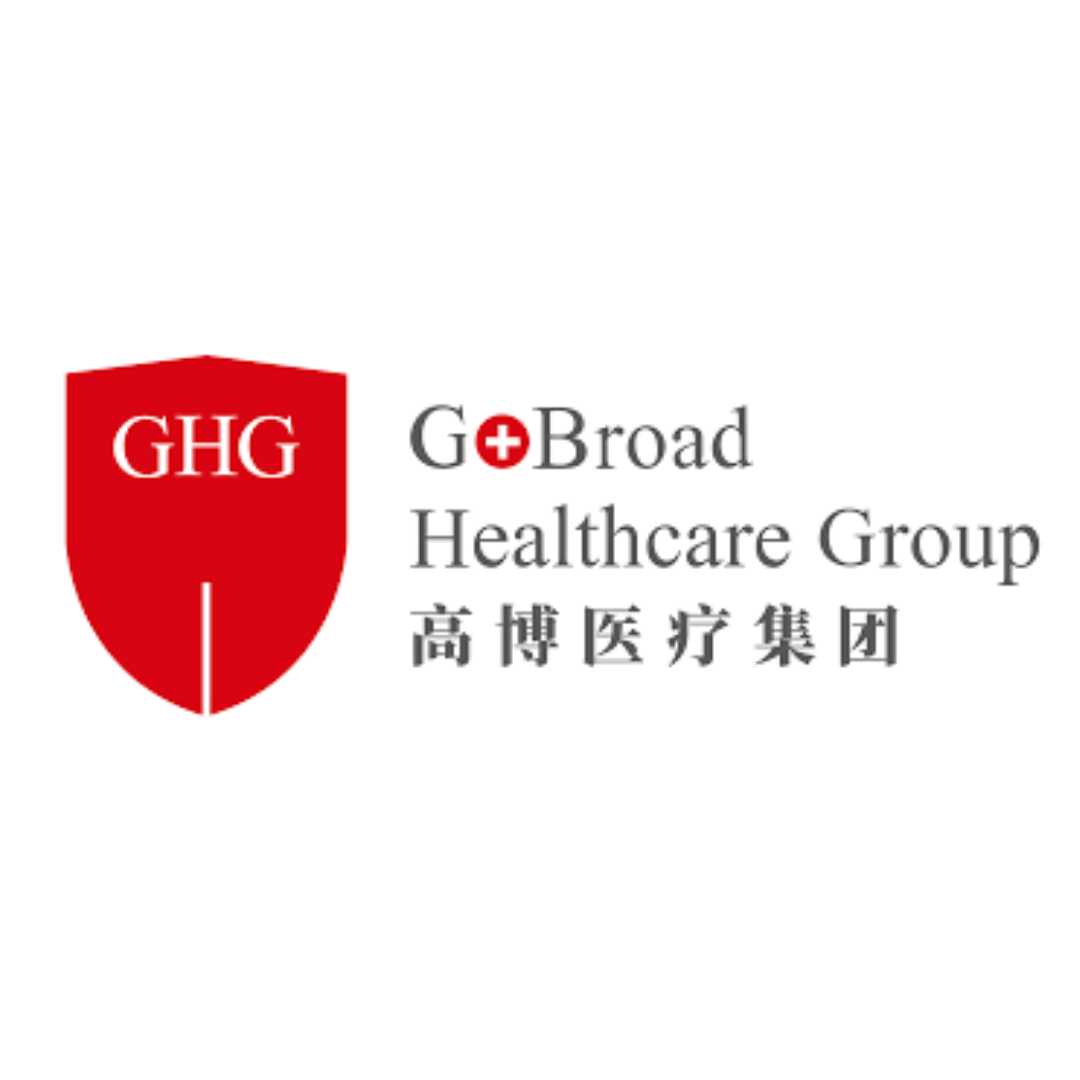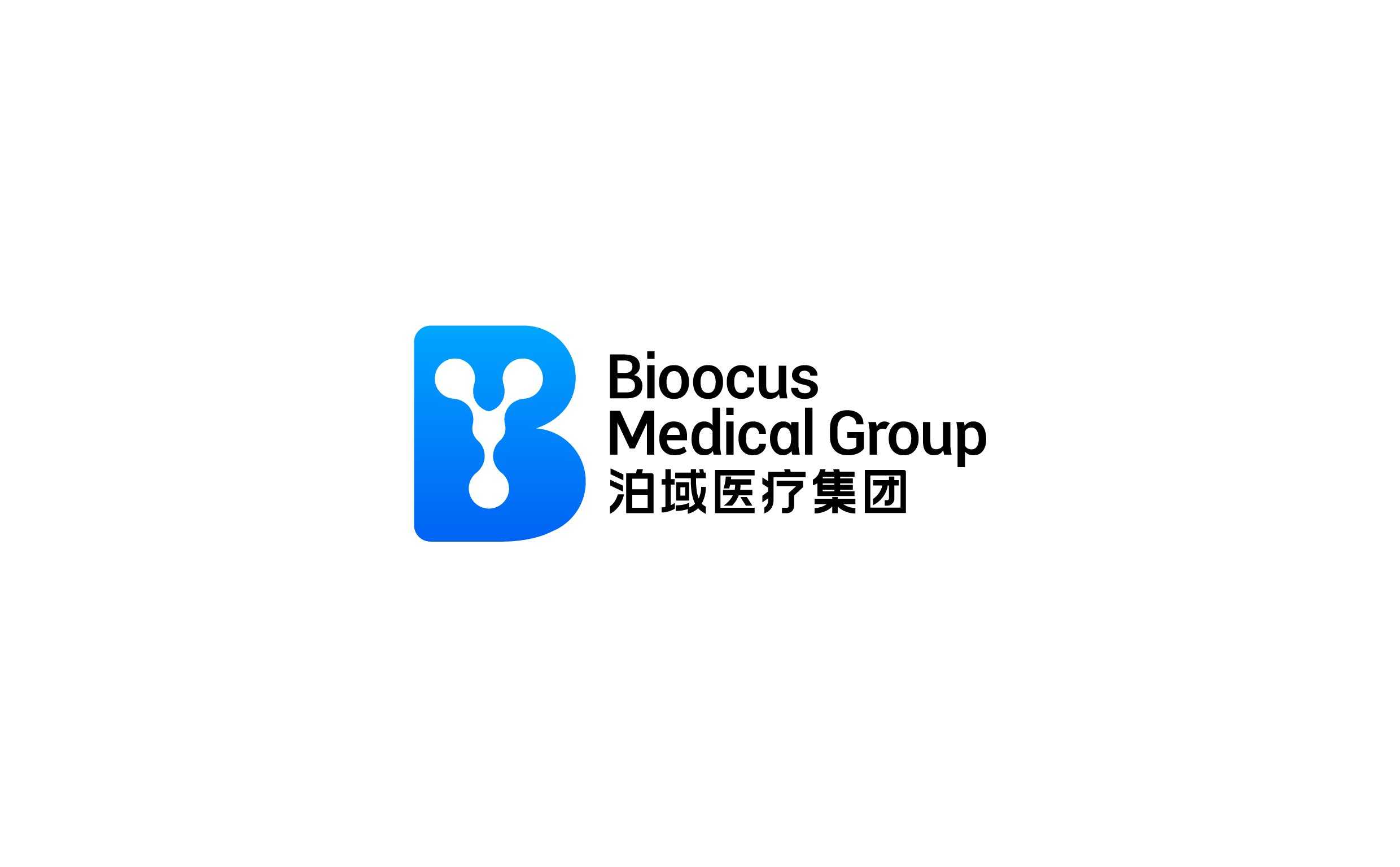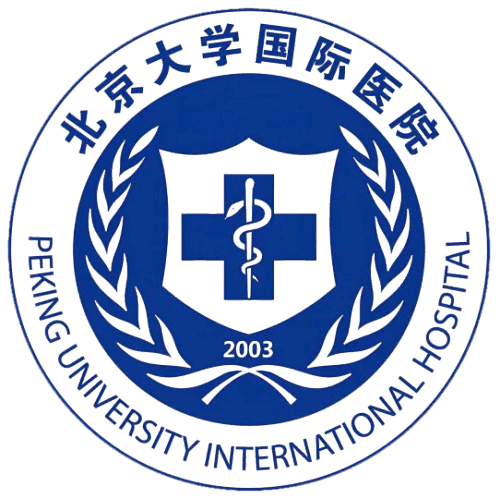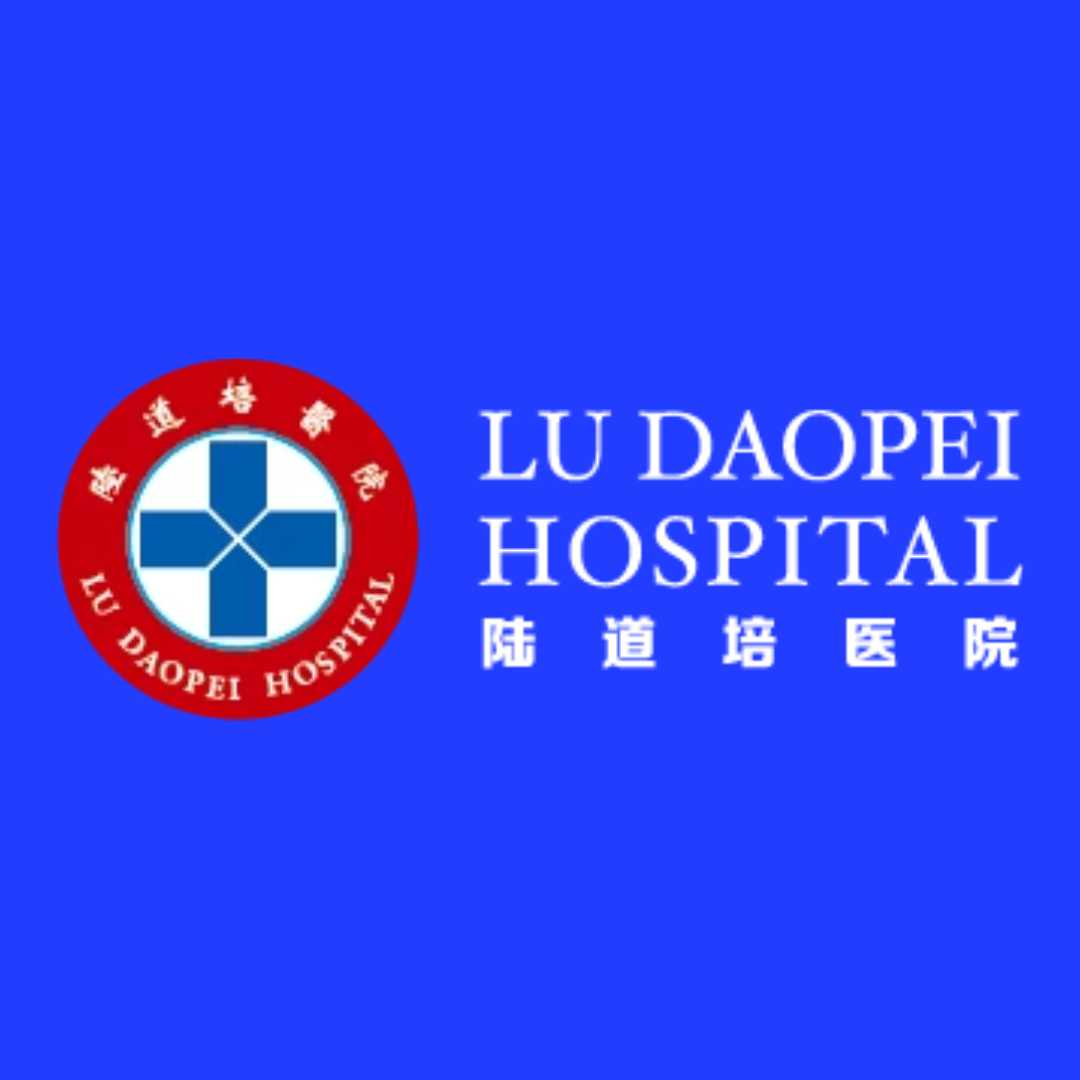
Cancer treatment has come a long way, with innovations like CAR T-cell therapy offering new hope to patients worldwide. This revolutionary treatment, which involves genetically modifying a patient's T-cells to target and destroy cancer cells, has shown remarkable success in treating certain types of blood cancers. However, the high cost and limited availability in some regions have led many patients to seek CAR T-cell therapy abroad.
CAR T-cell therapy has revolutionized cancer treatment, offering new hope for patients with certain types of leukemia and lymphoma. This innovative treatment involves modifying a patient’s T-cells to attack cancer cells more effectively. As this therapy gains prominence, finding the best hospitals that provide CAR T-cell therapy is crucial for achieving optimal outcomes. Here’s a look at some of the top hospitals globally known for their expertise in CAR T-cell therapy.
Best Hospitals for Car T Cell Therapy
1. Beijing Puhua International Hospital - Beijing, China
Overview: Beijing Puhua International Hospital in China is a world-renowned institution known for its groundbreaking work in cancer treatment and research. Beijing Puhua International Hospital has been at the forefront of CAR T-cell therapy development and application.
Highlights:
- Pioneering research in CAR T-cell therapy.
- Extensive clinical trials and advanced treatment protocols.
- A multidisciplinary team of oncologists, hematologists, and researchers.
- State-of-the-art facilities and comprehensive patient care.
2. Beijing Bioocus International Medical Center
Overview: Beijing Bioocus International Medical Center is one of the largest cancer treatment centers in the world, recognized for its patient care, research, and educational programs.
Highlights:
- Leading-edge CAR T-cell therapy research and clinical application.
- Highly specialized CAR T-cell therapy programs for various cancers.
- Integration of personalized medicine approaches.
- Robust support services for patients and families.
Why Consider CAR T-Cell Therapy Abroad?
-
Cost Savings:
- One of the primary reasons patients look for CAR T-cell therapy abroad is the significant cost difference. In countries like the United States, CAR T-cell therapy can cost over $400,000 USD. In contrast, countries like China offer the same treatment for a fraction of the price, typically ranging from $40,000 to $80,000 USD.
-
Access to Advanced Treatments:
- Some countries are at the forefront of medical research and offer cutting-edge treatments that may not yet be available or widely accessible in your home country. By seeking treatment abroad, patients can access the latest medical technologies and clinical trials.
-
Reduced Wait Times:
- In some regions, the demand for CAR T-cell therapy exceeds the available capacity, leading to long wait times. Seeking treatment abroad can often provide faster access to necessary care.
-
Comprehensive Care:
- Many international hospitals offer comprehensive cancer treatment programs that include CAR T-cell therapy. These programs often provide holistic care, including pre-treatment assessments, post-treatment monitoring, and support services, ensuring a seamless patient experience.
Top Destinations for CAR T-Cell Therapy Abroad
-
China:
- Leading Hospitals: Beijing Cancer Hospital, Shanghai Rui Jin Hospital
- Highlights: China is known for its advanced medical technology and expertise in CAR T-cell therapy. The cost of treatment is significantly lower, and many hospitals have a strong reputation for patient care and successful outcomes.
Challenges and Considerations
-
Travel and Accommodation:
- Traveling abroad for medical treatment involves additional costs and logistics related to travel and accommodation. It’s essential to plan and budget for these expenses.
-
Language Barriers:
- Language differences can pose a challenge when seeking treatment abroad. Many top hospitals offer translation services, but it’s important to ensure clear communication throughout your treatment.
-
Follow-Up Care:
- Post-treatment monitoring is crucial for the success of CAR T-cell therapy. Patients need to consider how follow-up care will be managed once they return to their home country.
-
Quality and Safety:
- Research is vital when choosing a hospital abroad. Ensure the hospital meets international standards for quality and safety, and verify the credentials and experience of the medical team.
FAQs About CAR T-Cell Therapy
1. What is CAR T-cell therapy?CAR T-cell therapy is a form of immunotherapy that modifies a patient’s T-cells to recognize and attack cancer cells. The T-cells are extracted, genetically engineered in a laboratory, and then infused back into the patient’s body to target cancer more effectively.
2. Which types of cancer can CAR T-cell therapy treat?CAR T-cell therapy is primarily used to treat certain blood cancers, such as B-cell acute lymphoblastic leukemia (ALL) and diffuse large B-cell lymphoma (DLBCL). Research is ongoing to expand its use to other types of cancer.
3. How does CAR T-cell therapy work?CAR T-cell therapy involves collecting T-cells from the patient, modifying them to express chimeric antigen receptors (CARs) that specifically target cancer cells, and then reinfusing these engineered T-cells into the patient. These CAR T-cells then seek out and destroy cancer cells.
4. What are the success rates of CAR T-cell therapy?Success rates vary depending on the type of cancer and the patient's overall health. For certain types of blood cancers, CAR T-cell therapy has shown remission rates of 70% to 90% in clinical trials.
5. What are the risks and side effects of CAR T-cell therapy?
Common side effects include cytokine release syndrome (CRS), which can cause flu-like symptoms, and neurological effects such as confusion or seizures. These side effects can be severe but are typically manageable with medical intervention.
6. How much does CAR T-cell therapy cost?
The cost of CAR T-cell therapy can vary widely depending on the country and hospital. In the United States, the cost can exceed $400,000 USD. In countries like China, the cost ranges from $40,000 to $80,000 USD.
7. Is CAR T-cell therapy available worldwide?
CAR T-cell therapy is available in many countries, including the United States, China, the United Kingdom, Japan, and several European countries. Availability may vary based on local regulations and hospital capabilities.
8. How do I know if I am eligible for CAR T-cell therapy?
Eligibility for CAR T-cell therapy depends on factors such as the type and stage of cancer, previous treatments, and overall health. A thorough evaluation by an oncologist specializing in CAR T-cell therapy is necessary to determine eligibility.
9. What should I expect during the CAR T-cell therapy process?
The process involves several steps: initial consultation and evaluation, T-cell collection (leukapheresis), genetic modification of T-cells, infusion of CAR T-cells, and monitoring for side effects and response to treatment. The entire process can take several weeks to months.
10. How long does it take to see results from CAR T-cell therapy?
Patients may begin to see results within a few weeks after the CAR T-cell infusion. However, the response time can vary, and continuous monitoring is necessary to assess the effectiveness and manage any side effects.
11. Can international patients access CAR T-cell therapy in different countries?
Yes, many hospitals offering CAR T-cell therapy accept international patients. It is important to contact the hospital directly to understand the admission process, required documentation, and any additional services for international patients.
12. Are there any long-term side effects of CAR T-cell therapy?
Long-term side effects are still being studied, but some patients may experience prolonged immune system suppression, which can increase the risk of infections. Regular follow-up care is essential to monitor and manage any long-term effects.
13. How can I find the best hospital for CAR T-cell therapy?
Research hospitals known for their expertise in CAR T-cell therapy, read patient reviews, and consult with healthcare professionals. Look for hospitals with a strong track record, comprehensive care programs, and participation in clinical trials.
14. What support services are available for patients undergoing CAR T-cell therapy?
Many hospitals offer support services such as counseling, nutritional support, physical therapy, and assistance with travel and accommodation for international patients. It is advisable to inquire about these services when choosing a hospital.
If you want to know more about CAR T-cell therapy or you wish to get a FREE quote from one of our partner stem cell clinics, feel free to contact us using the button below!



.png)













Share this listing